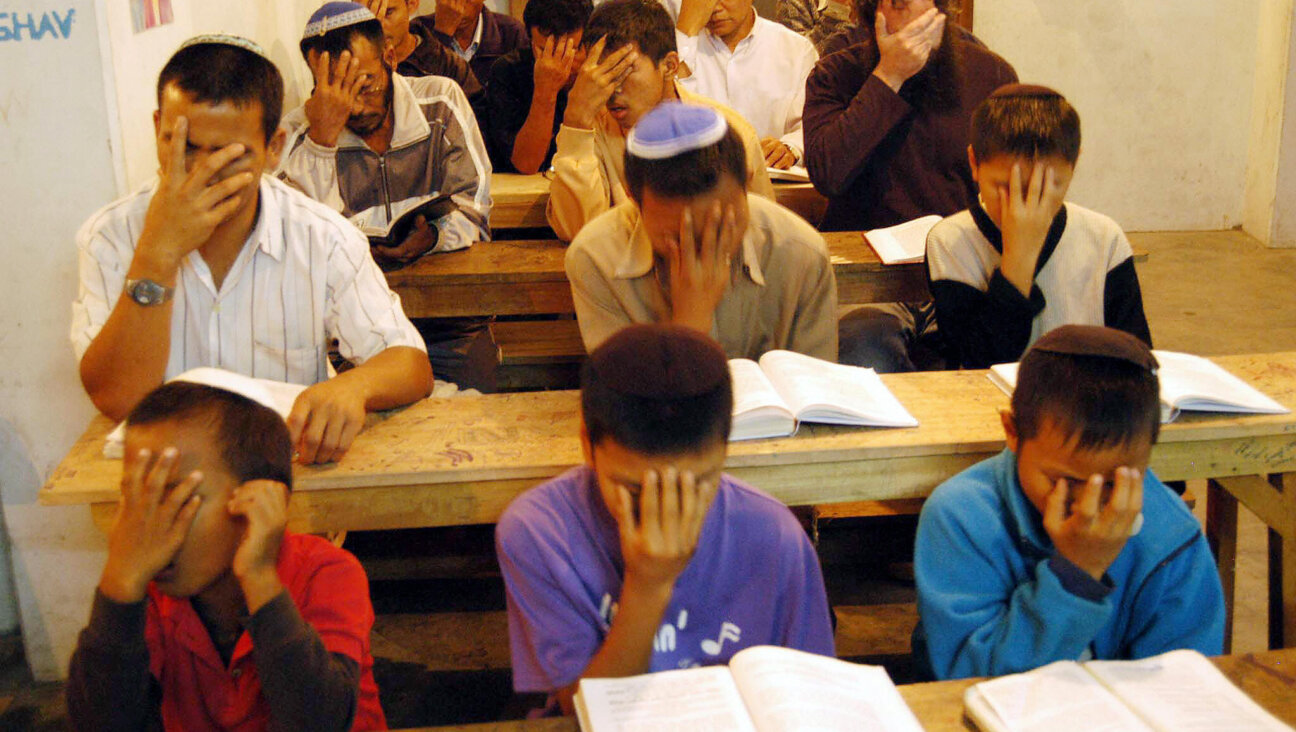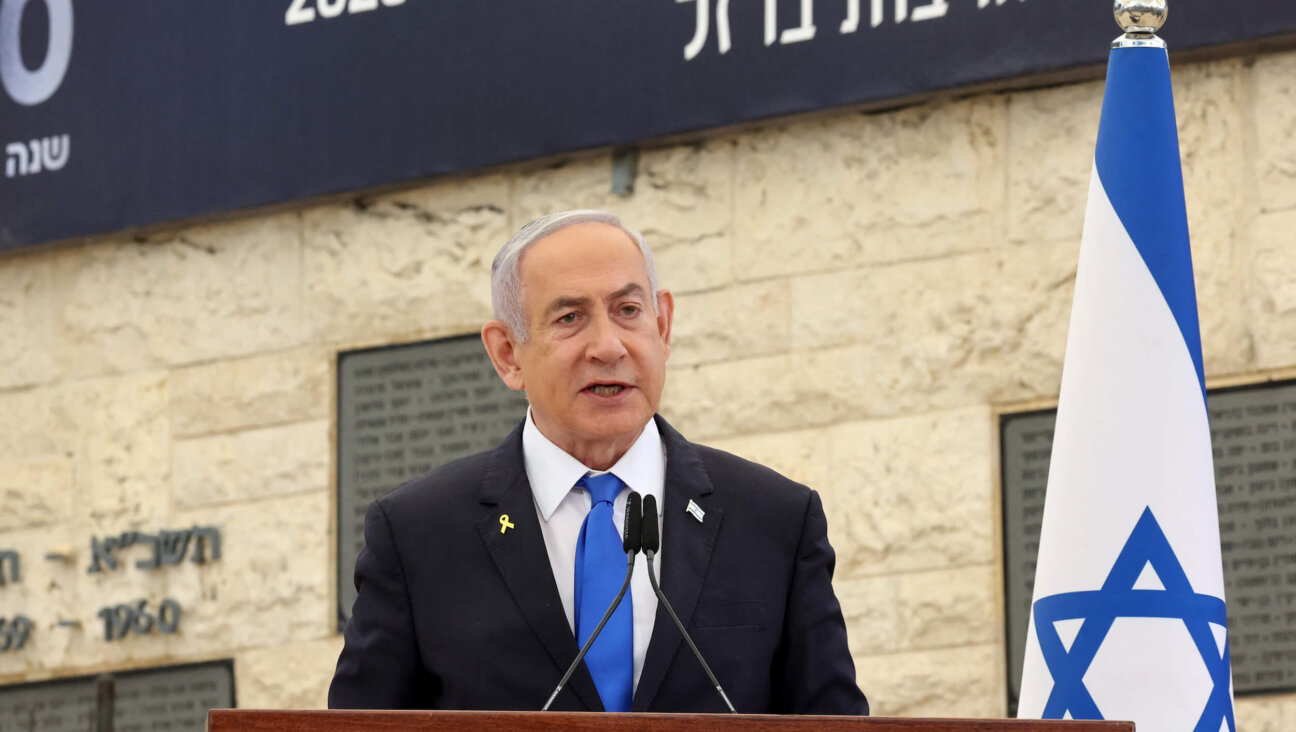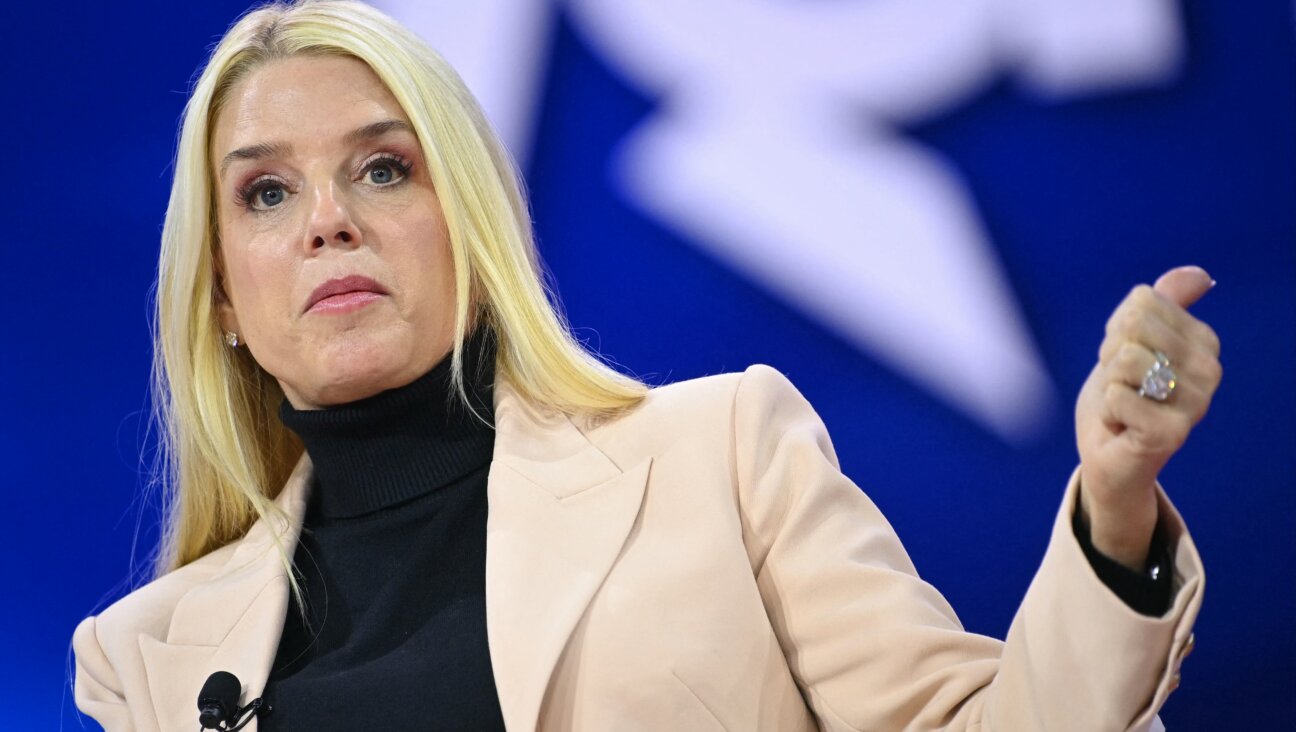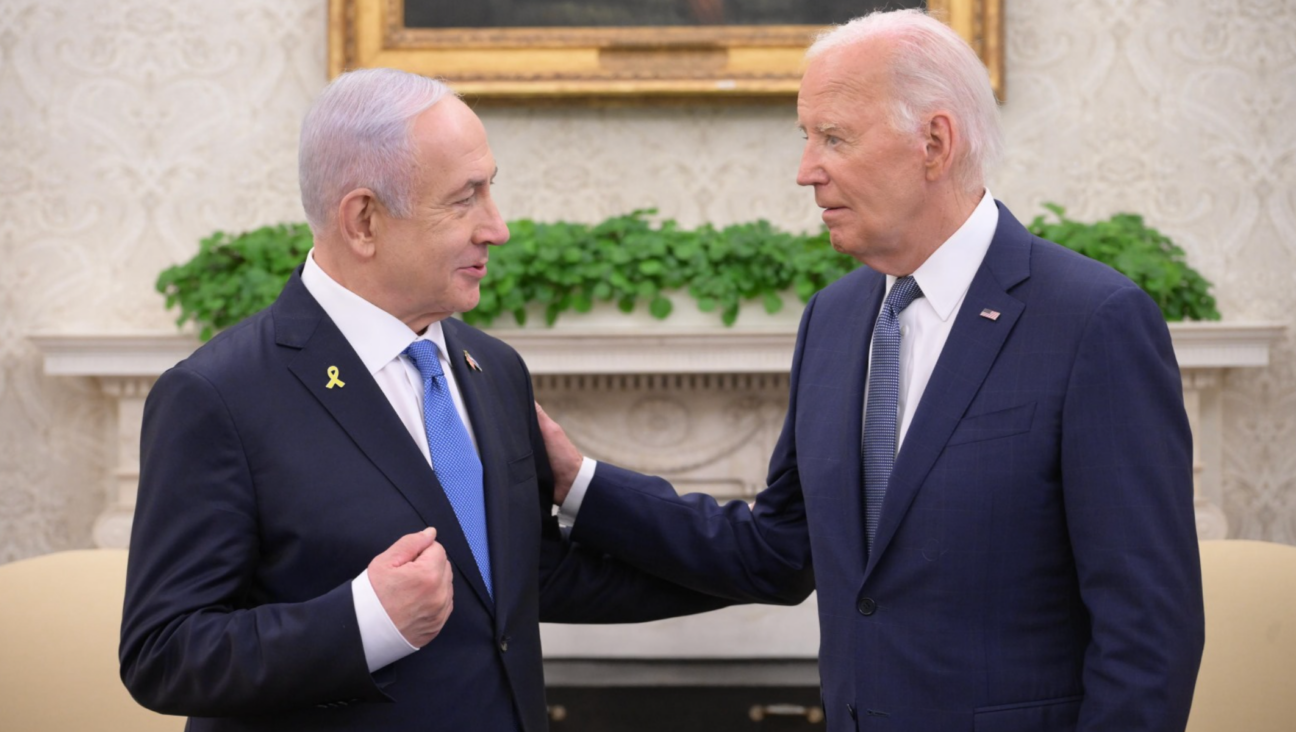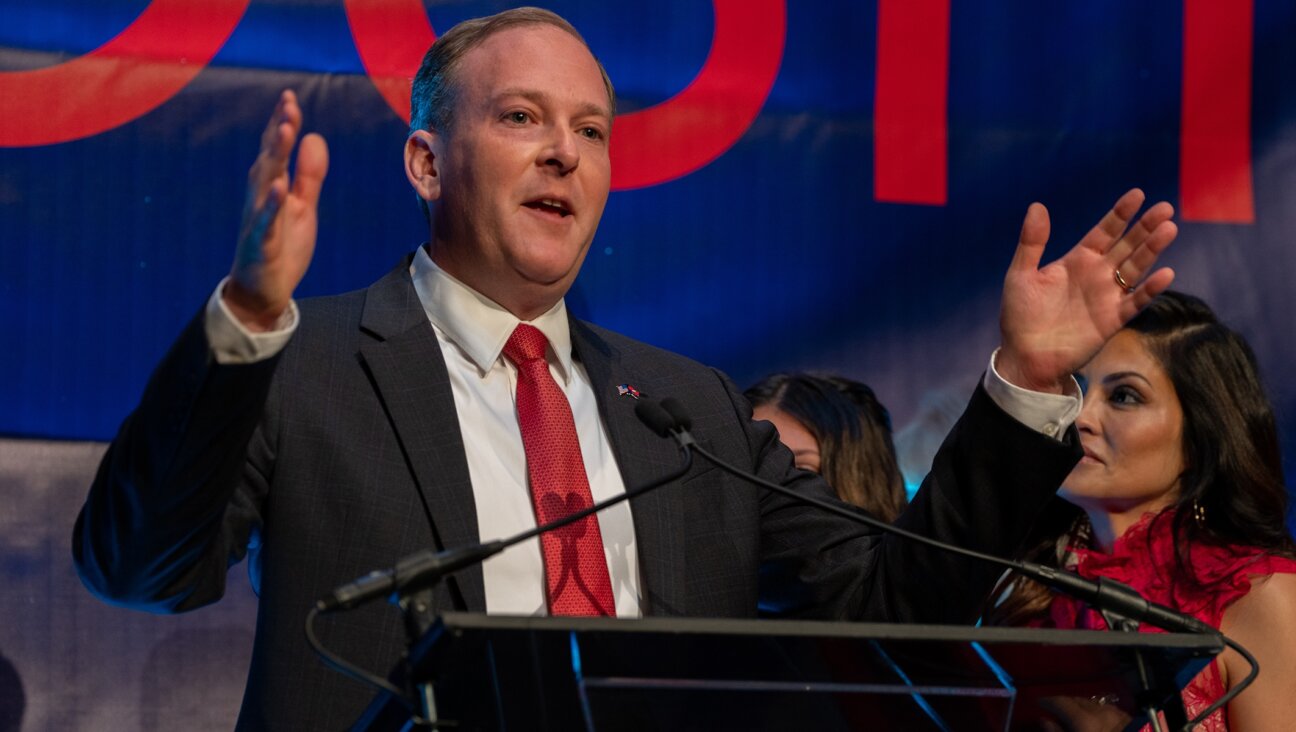Will Settlers and Arabs Unite To Tank Peace?

John Kerry / Getty Images
As Jerusalem and Ramallah wait anxiously to see the framework peace agreement that U.S. Secretary of State John Kerry is drafting, large numbers of Israelis are ready to take matters into their own hands if they don’t like what they see.
A survey by the Israel Democracy Institute just asked Israeli citizens whether, if a framework deal goes against their political position but gets approval from the government and passes a referendum, “will you then accept the framework or will you act to prevent it from being implemented?”
Some 24.8% of respondents said that they would act to prevent its implementation. Of course, this doesn’t mean that a quarter of Israelis say they would work against any peace deal, but rather a quarter of Israelis would work against a deal if they object to its terms. But it is still a high figure that points to a defiant spirit in relation to the peace process.
The majority of the likely peace deal objectors are Jews coming from a right wing ideological perspective. But interestingly, Arab citizens of Israel were more inclined to say they will take steps to stop an unsatisfactory deal than Jews — 23% of Jews would object, compared to 33.6% of Arabs.
This raises a rarely discussed subject: potential Arab opposition to a peace deal. It’s generally presumed that Israeli Arabs are for a peace deal, but there’s a complication. Voices in the Israeli government, mostly from Likud-Beitenu, are determined to ensure that if there is a peace deal, it will involve “land swaps” that see parts of Israel moved to a Palestinian state and West Bank settlements retained. And for the most part, Israeli Arabs are opposed to a redrawing of boundaries that would put their homes in Palestine.
The poll indicates that Israeli Arabs do take this possibility of the redrawing of boundaries seriously, and that a good number will want to prevent it. Which gives rise to a peculiar thought: If a peace deal appears to be in the cards, could the opposition feature an unlikely combination of pro-settlement Jews and Israeli Arabs?
A message from our CEO & publisher Rachel Fishman Feddersen

I hope you appreciated this article. Before you go, I’d like to ask you to please support the Forward’s award-winning, nonprofit journalism during this critical time.
We’ve set a goal to raise $260,000 by December 31. That’s an ambitious goal, but one that will give us the resources we need to invest in the high quality news, opinion, analysis and cultural coverage that isn’t available anywhere else.
If you feel inspired to make an impact, now is the time to give something back. Join us as a member at your most generous level.
— Rachel Fishman Feddersen, Publisher and CEO







